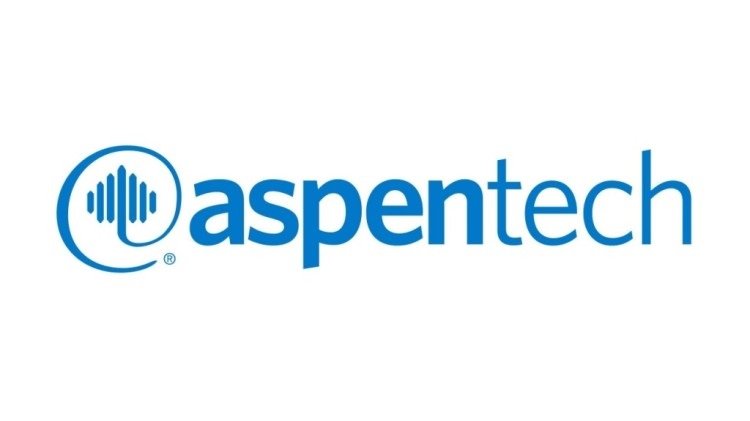Aspen Technology has today announced that it has extended Industrial AI across its leading solutions to drive higher levels of profitability and sustainability in customer’ operations. In addition, the AIoT workbench will enable data scientists to collaborate with domain experts to develop AI apps based on enterprise-wide data.
With First Principles Driven Hybrid Models, AI is directly embedded into Aspen HYSYS and Aspen Plus process simulations, enabling engineers to easily build operations-ready models calibrated with relevant plant data. Reduced Order Hybrid models can be shared across engineering, planning and dynamic optimization solutions to improve the accuracy and predictability of these applications. Deep Learning APC can deliver more accurate and sustainable models that cover a broad range of operating conditions. Together, these advanced capabilities deliver the next generation of operational excellence.
Also new to this latest version of aspenONE V12.1 are new models that will enable customers to optimize biomass processing, hydrogen production, carbon capture, and carbon emissions more accurately and systematically, focused on reducing environmental impact. In addition, new analysis and visualization capabilities can help to reduce measurable waste and energy use, throughout the process from lab to production.
AI-driven 3D conceptual layouts with the introduction of Aspen OptiPlant and Aspen OptiRouter are now integrated into the AspenTech portfolio. For industries such as pharmaceuticals with pressure for a faster time to market, Aspen Unscrambler, Aspen Unscrambler HSI and Aspen Process Pulse ensures product and process quality by solving complex problems using multivariate analysis to drive more profitable processes, less deviation and higher yield.
The aspenONE V12.1 release further improves margins, improves asset uptime and reliability, and maximizes utilization of assets with AspenTech’s end-to-end solutions. Companies can accelerate their digitalization journey and leverage Industrial AI to make progress toward the Self-Optimizing Plant while increasing margins, achieving sustainability and reliable, safe operations, and reducing capital cost and time in bringing assets online.
New Features of aspenONE V12.1 software include:
Aspen HYSYS and Aspen Plus: Embedded machine learning to easily calibrate models ready to be deployed in operations; Models tuned to reality with improved time-to-value.
Aspen Deep Learning for DMC3: combines linear and nonlinear (deep learning) control variables that are easy to update and augment with new data to generate more accurate and sustainable models to run closer to optimum level across entire lifecycle.
Aspen OptiPlant and OptiRouter: Automatically generate 3D layouts for design, with AI-driven optimum pipeline routing, and broader visibility increasing collaboration for reduced costs, errors, variances and faster concept selection.
Aspen Unscrambler and Aspen Process Plus: Accelerate product development and ensure product quality, while maintaining regulatory compliance with Aspen Unscrambler and Aspen Process Pulse. Each provides pharmaceutical companies with full process understanding and control of data from product development to production for more profitable processes, less deviations, reduced cycle times, and higher yields.
Reduced Order Hybrid Models for Aspen Unified PIMS and GDOT: Automate workflow for maintaining planning model accuracy and enable optimization of complex process units in closed loop with reduced order models that provide a consistent workflow spanning process engineering, data science, planning and APC.
Aspen Mtell: Enables data scientists to collaborate with domain experts with integration with Aspen AIoT Hub. In addition, Aspen Mtell native OPC UA support enables broader coverage and easier connections across enterprise deployments.
Aspen Industrial AI Workbench: Enable domain experts with data analytics with a no-code Visual Query Builder and gain fast-time to insights with out-of-the-box Analytics libraries. Empower citizen data scientists with Advanced Analytics libraries such as Anomaly Detection and Scoring and seamlessly share insights through configurable dashboards and application enablement.












